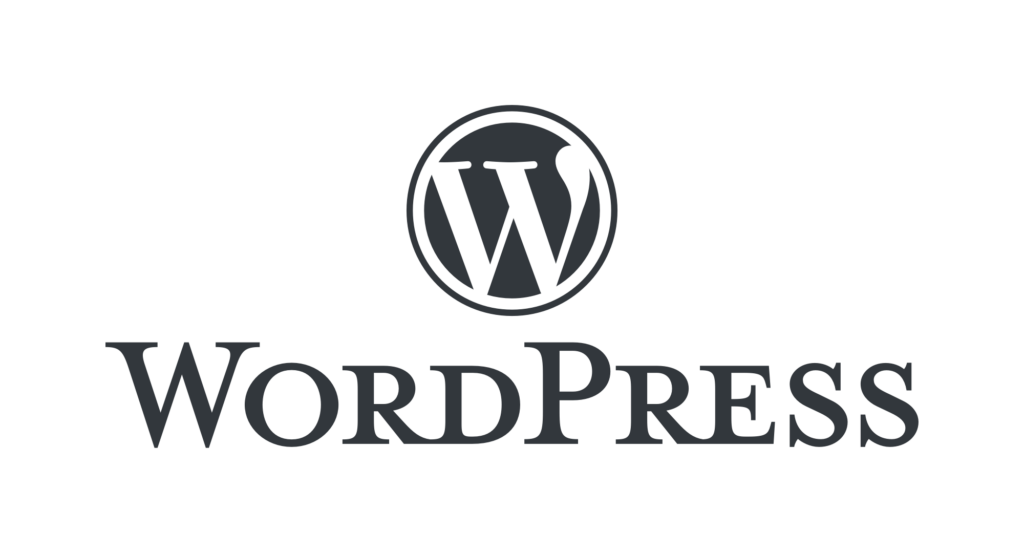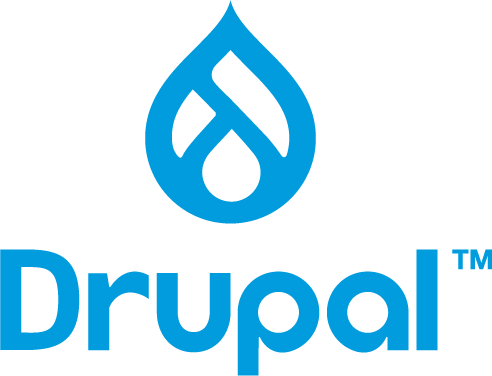Content is king, yet managing vast amounts of content across multiple channels can be daunting. This is where enterprise CMS platforms come into play. Designed for scalability and efficiency, these systems empower content managers and digital marketers to streamline operations and enhance their digital presence.
This blog post will guide you through the intricacies of enterprise CMS solutions, covering everything from their core features and benefits to essential tips for successful implementation. Whether you’re looking to boost your SEO or integrate with mobile apps, this comprehensive content management solution is your beacon.
What is an Enterprise CMS?
Definition and Purpose
Enterprise Content Management Systems (CMS) are powerful tools crafted to handle large volumes of content across various channels seamlessly. Unlike standard CMS platforms, enterprise CMS solutions are tailored for scalability and complex workflows, making them essential for businesses with extensive content needs. They not only serve as robust repositories for digital assets but also offer advanced capabilities for content creation, publication, and analytics.
These platforms cater to enterprises aiming to maintain consistency and control over their digital presence. From websites to mobile apps, an enterprise CMS ensures your content speaks the same language across all touchpoints. By automating content management tasks, these systems liberate your team to focus on strategic initiatives.
Key Features and Benefits
When choosing an enterprise CMS platform, understanding its key features is crucial. These platforms typically offer robust security measures, ensuring that content remains safeguarded against unauthorized access. Scalability is another hallmark, allowing your CMS to grow alongside your business without compromising performance.
A major benefit lies in content management efficiency. Enterprise CMS solutions streamline workflows, enabling teams to collaborate seamlessly. Additionally, integration capabilities with other business tools enhance productivity, providing a comprehensive ecosystem for your content strategy. Overall, these features contribute to improved user experiences and stronger brand narratives.
Why Choose an Enterprise CMS?
Scalability and Performance
One of the primary advantages of an enterprise CMS platform is its scalability. Designed to accommodate growing content demands, these systems ensure your website’s performance remains optimal, even during peak traffic. With the ability to handle extensive datasets and simultaneous users, your enterprise CMS becomes a reliable partner in your digital expansion.
Performance optimization tools within these platforms guarantee fast load times and minimal downtime, crucial for maintaining visitor engagement. By leveraging advanced caching mechanisms and load balancing, an enterprise CMS keeps your digital presence agile and responsive to user needs.
Security and Compliance
In an era where data breaches are a constant threat, security is paramount. Enterprise CMS platforms prioritize safeguarding your content and user data through robust encryption and authentication protocols. Compliance with industry standards such as GDPR and HIPAA further underscores their commitment to data protection.
By centralizing content management, these platforms minimize the risk of vulnerabilities. Regular updates and patches fortify your CMS against emerging threats, ensuring your digital assets remain secure. This dedication to security fosters trust among your audience, bolstering your brand’s reputation.
Content Management Efficiency
Efficiency is at the heart of enterprise CMS platforms. These systems empower content managers to streamline workflows, reducing manual tasks and enhancing collaboration. With intuitive interfaces and automation capabilities, your team can focus on crafting compelling narratives rather than mundane administrative duties.
Content scheduling and version control features enable seamless content lifecycle management. Whether you’re launching a new product or updating existing offerings, an enterprise CMS ensures timely and accurate content delivery. This efficiency translates into improved productivity and a consistent brand voice.
Integration Capabilities
Modern businesses rely on various tools to drive success. Enterprise CMS platforms excel in integration capabilities, seamlessly connecting with CRM systems, marketing automation tools, and analytics platforms. This interconnected ecosystem enhances data sharing, enabling more informed decision-making.
With a unified view of your content strategy, your team can derive actionable insights from multiple channels. By analyzing user interactions across touchpoints, you gain a deeper understanding of customer behavior, refining your content approach to meet evolving demands.
Top 5 Enterprise CMS Platforms

1. WordPress
Core Features
WordPress has evolved into a dynamic enterprise CMS platform, renowned for its user-friendly interface and extensive plugin ecosystem. Its core features empower content managers to create visually appealing websites effortlessly. With SEO-friendly tools and e-commerce capabilities like WooCommerce, WordPress offers unparalleled flexibility.
Pros and Cons
The strengths of WordPress lie in its vast community support and rich plugin library, enabling easy customization. However, its open-source nature can lead to security vulnerabilities if not managed properly. Despite this, WordPress remains a popular choice for enterprises seeking a versatile content management system.
Use Cases and Best-Fit Industries
WordPress thrives in industries requiring frequent content updates, such as media, publishing, and retail. Its adaptability makes it suitable for businesses of all sizes, from startups to established corporations. With a strong emphasis on user experience, WordPress excels in engaging audiences across diverse sectors.

2. Drupal
Core Features
Drupal stands out for its highly customizable architecture and powerful theming capabilities. Its advanced content modeling and strong security features make it a preferred choice for enterprises with complex content needs. With a scalable architecture, Drupal accommodates growth seamlessly.
Pros and Cons
The hallmark of Drupal is its flexibility, enabling intricate content structures. However, this complexity can pose challenges for users without technical expertise. Despite this learning curve, Drupal’s robust security measures and scalability make it a compelling option for enterprises prioritizing data protection.
Use Cases and Best-Fit Industries
Drupal is well-suited for government agencies, educational institutions, and large corporations requiring robust security and complex workflows. Its ability to handle intricate content hierarchies and multilingual capabilities makes it an ideal choice for global enterprises seeking precision and control.

3. Prismic
Core Features
Prismic shines as a headless CMS, offering a flexible content modeling approach and real-time collaboration features. With an API-first approach, Prismic empowers developers to create dynamic digital experiences seamlessly. Its visual content editing interface enhances user engagement.
Pros and Cons
Prismic’s headless architecture enables seamless integration with various platforms, fostering innovation. However, its reliance on developers for customization may pose challenges for non-technical teams. Nonetheless, Prismic’s agility and collaborative features make it a strong contender for enterprises seeking creative freedom.
Use Cases and Best-Fit Industries
Prismic excels in industries where content personalization and dynamic user experiences are paramount, such as e-commerce and media. Its flexibility allows businesses to adapt rapidly to changing trends, making it a valuable asset for enterprises seeking digital innovation.
4. Sanity
Core Features
Sanity offers a flexible content modeling approach and real-time collaborative editing, enhancing the content creation process. With a customizable UI and seamless integration with other tools, Sanity empowers developers to build tailored digital experiences effortlessly.
Pros and Cons
Sanity’s developer-friendly environment enables rapid customization and innovation. However, its reliance on technical expertise may require additional resources for non-technical teams. Despite this, Sanity’s agility and integration capabilities position it as a valuable asset for enterprises seeking bespoke solutions.
Use Cases and Best-Fit Industries
Sanity is well-suited for creative industries, startups, and businesses with unique content needs. Its ability to integrate with various tools and deliver personalized experiences makes it an excellent choice for enterprises aiming to differentiate themselves in competitive markets.
5. Contentful
Core Features
Contentful stands out as a headless CMS with a visual content editing interface and API-first approach. Its global content delivery network ensures seamless user experiences across regions, making it an ideal choice for enterprises with international reach.
Pros and Cons
Contentful’s flexibility and developer-friendly environment empower businesses to create tailored digital experiences. However, its reliance on API integration may require technical expertise. Nevertheless, Contentful’s global reach and strong developer experience make it a compelling choice for enterprises seeking innovation.
Use Cases and Best-Fit Industries
Contentful excels in e-commerce, media, and technology industries, where dynamic user experiences and global content distribution are crucial. Its ability to integrate seamlessly with other platforms makes it an ideal choice for enterprises aiming to deliver personalized content at scale.
Choosing the Right Enterprise CMS
Factors to Consider
Selecting the right enterprise CMS involves evaluating several factors. Consider your business’s size and complexity, as well as the content volume and types you’ll manage. Assess your team’s technical expertise and budget constraints to ensure a smooth implementation process.
Additionally, think about your future growth plans and how the chosen CMS can accommodate them. Scalability, security, and integration capabilities should align with your long-term goals. By carefully weighing these factors, you can make an informed decision that maximizes the benefits of your enterprise content management system.
Tips for Successful Implementation
Implementing an enterprise CMS requires a strategic approach. Begin by defining clear objectives and key performance indicators to measure success. Engage stakeholders from various departments to ensure alignment and collaboration throughout the process.
Invest in training to empower your team with the skills needed to leverage the CMS effectively. Regularly review your content strategy to adapt to changing market trends and audience preferences. By following these best practices, you can ensure a successful CMS implementation that enhances your organization’s digital presence.
Conclusion
Enterprise CMS platforms are indispensable tools for content managers and digital marketers seeking to optimize their operations. By understanding the unique features and benefits of each platform, you can make an informed decision that aligns with your business’s needs and objectives. From WordPress’s user-friendly interface to Contentful’s global reach, each platform offers distinct advantages. By evaluating your organization’s requirements and long-term goals, you can select the enterprise CMS solution that empowers your team to create meaningful digital experiences.
Motion Tactic, an enterprise website design agency, specializes in creating custom, high-performing websites and SEO strategies to help businesses achieve their goals. Let’s elevate your B2B marketing efforts together!


